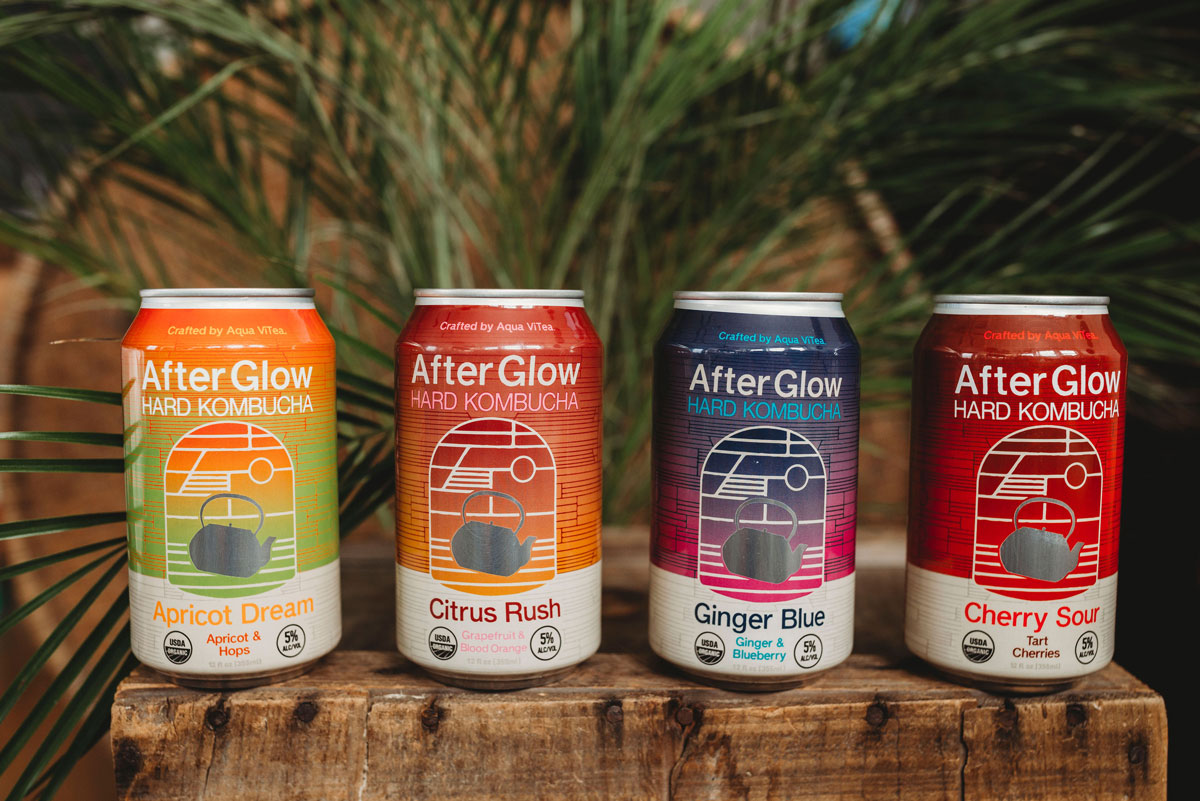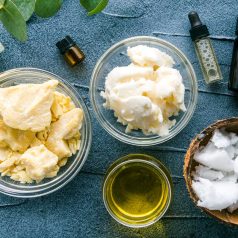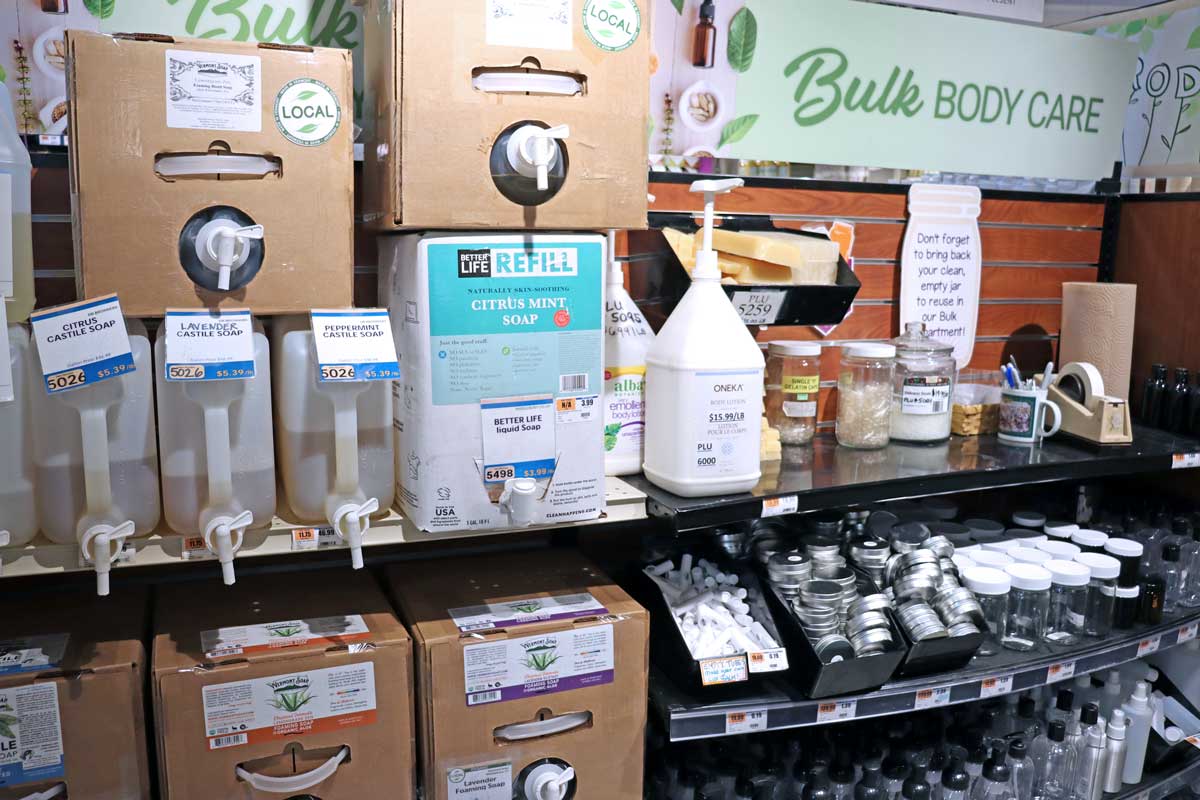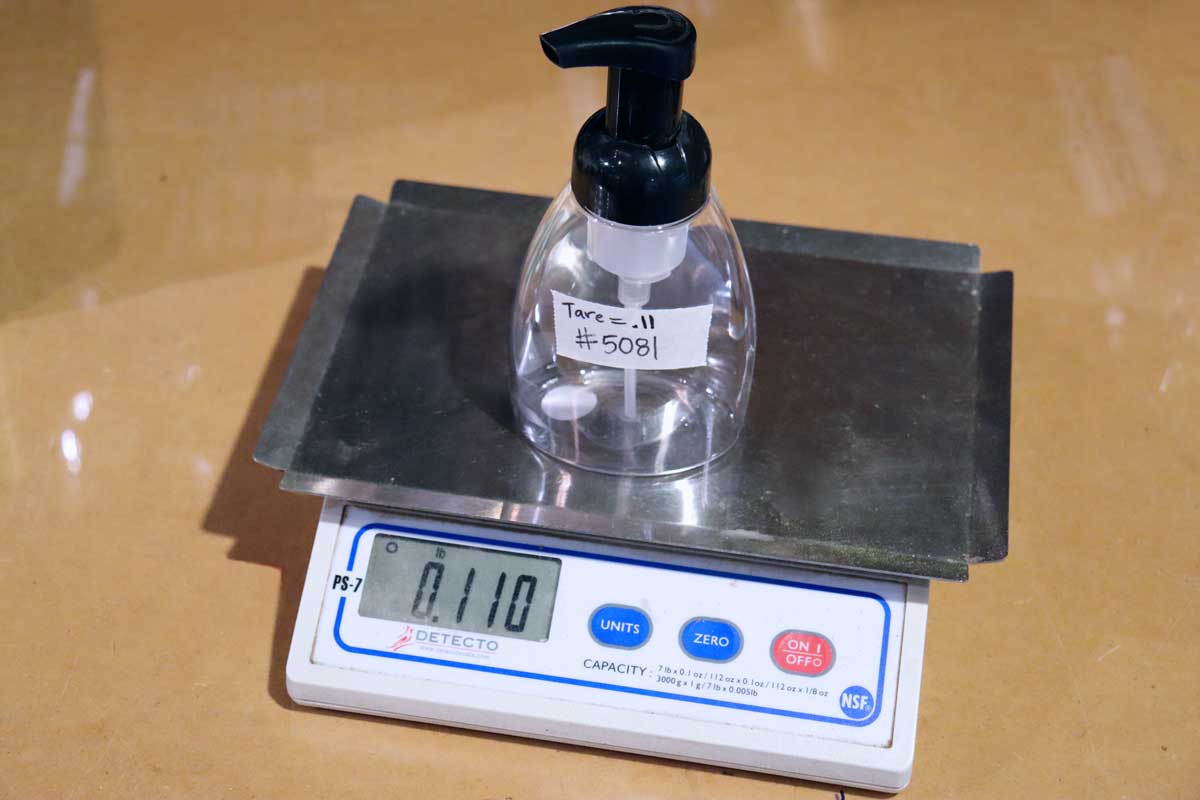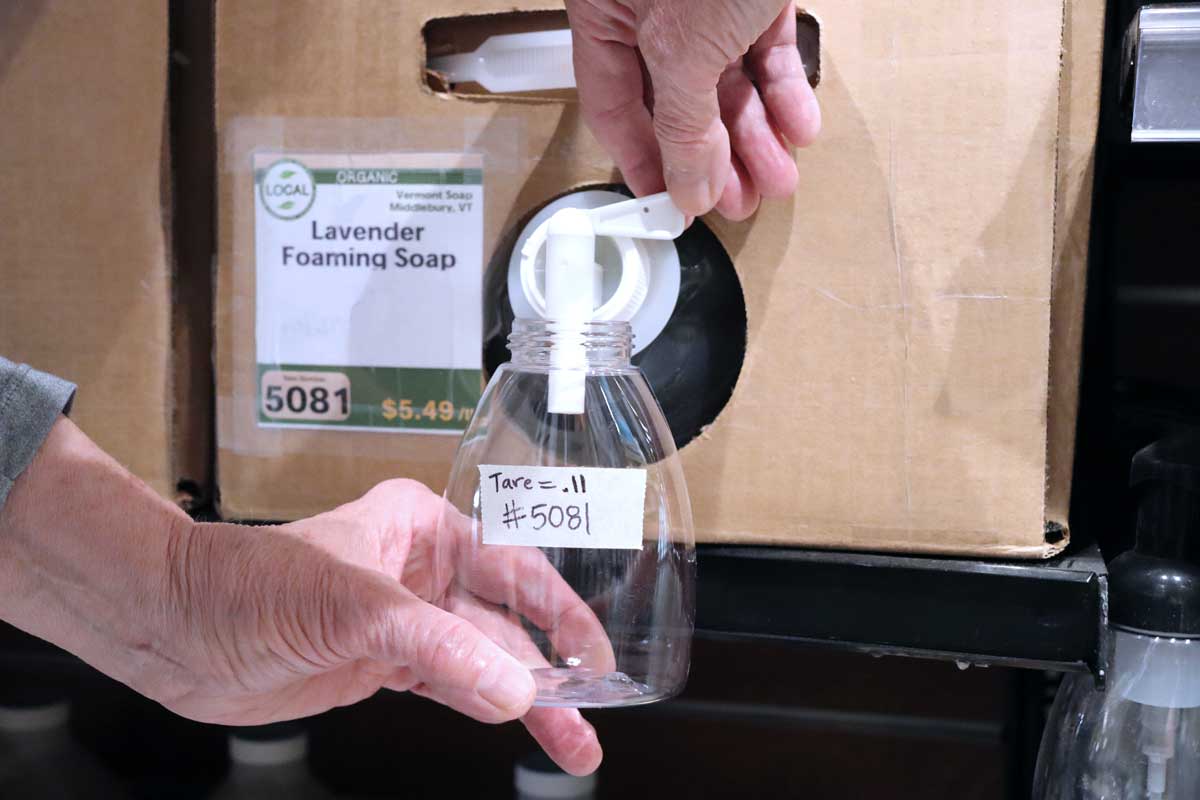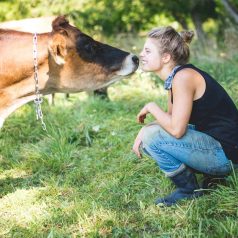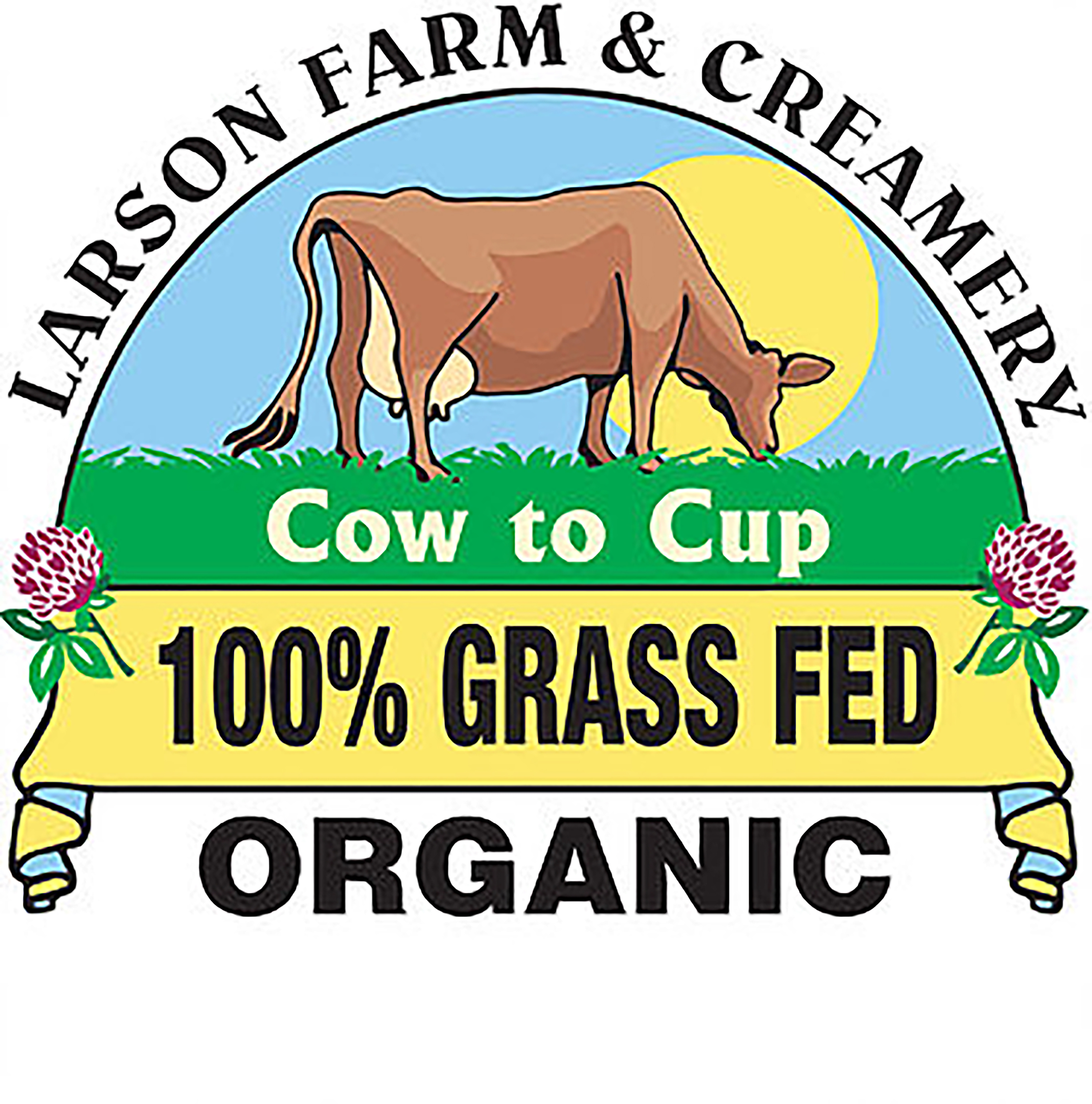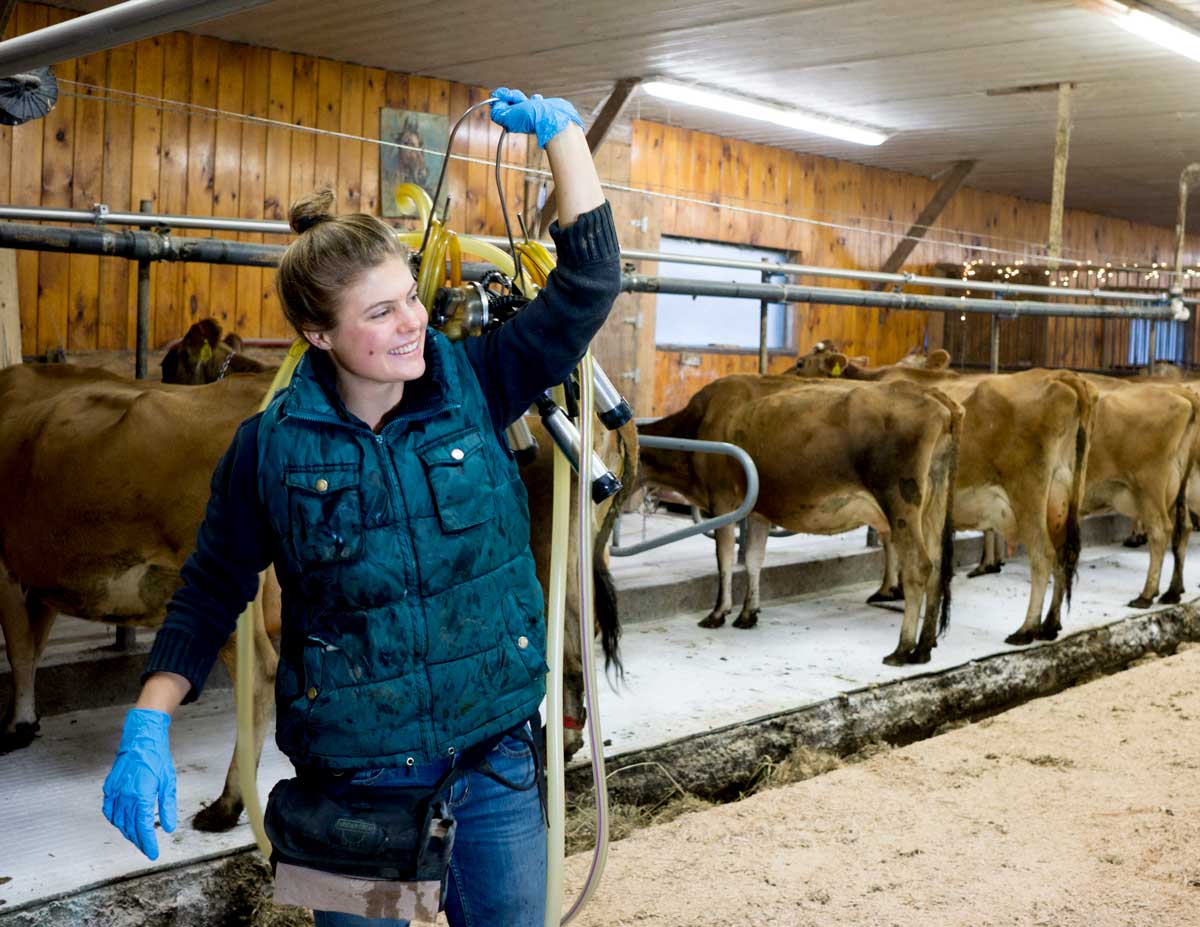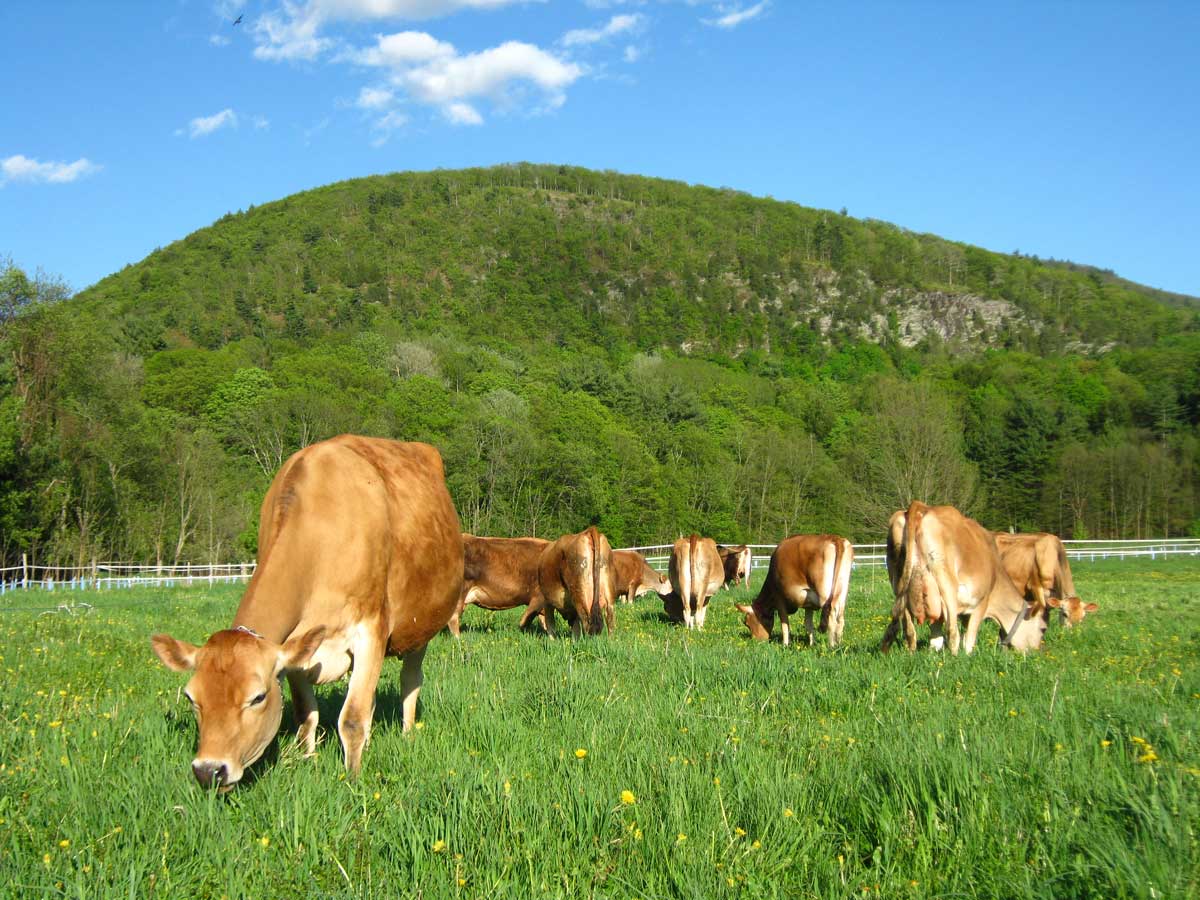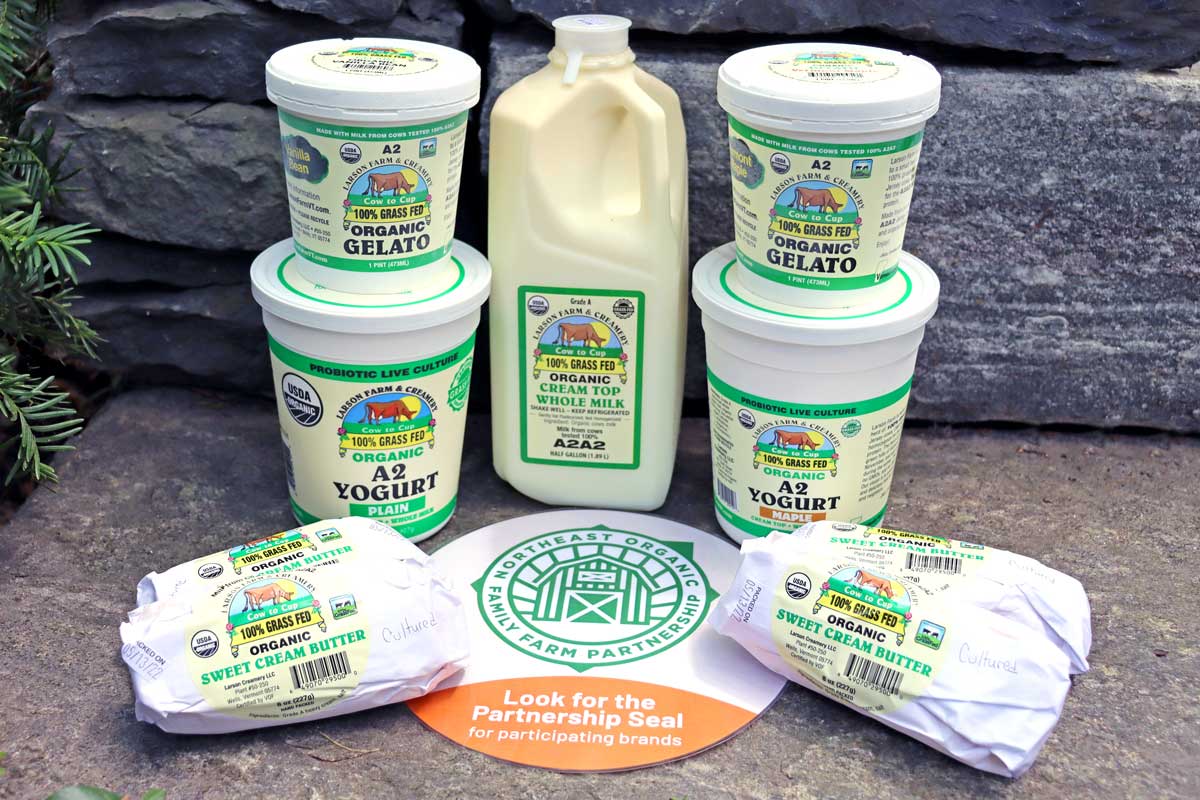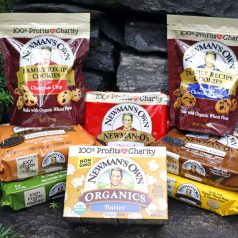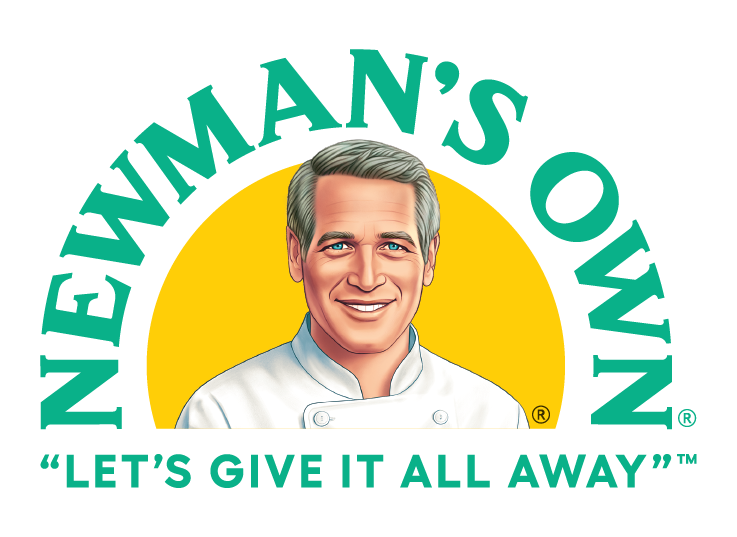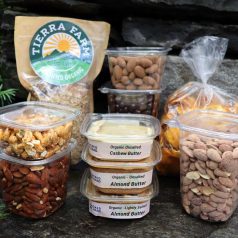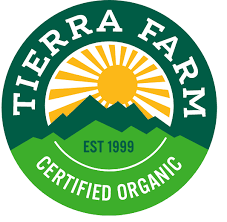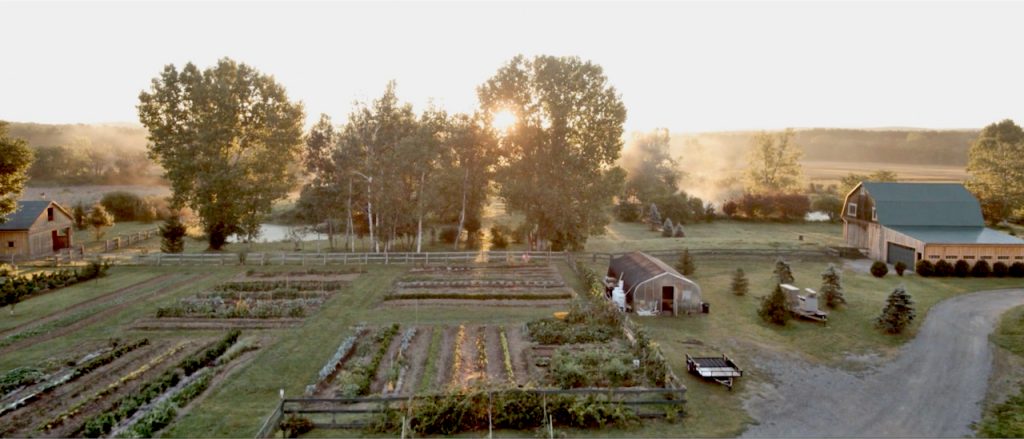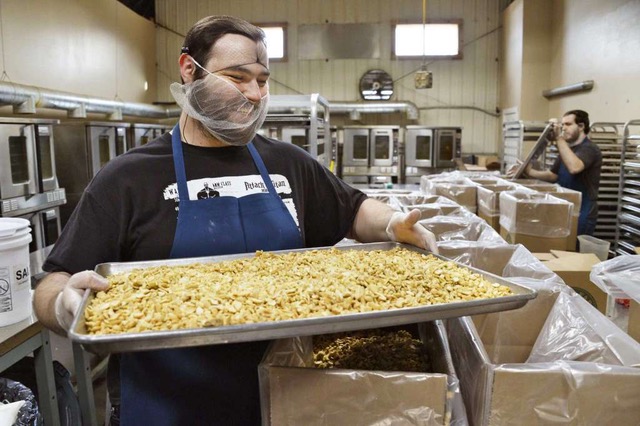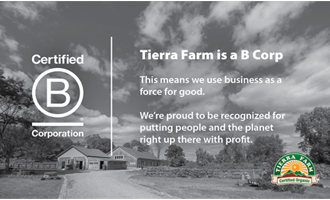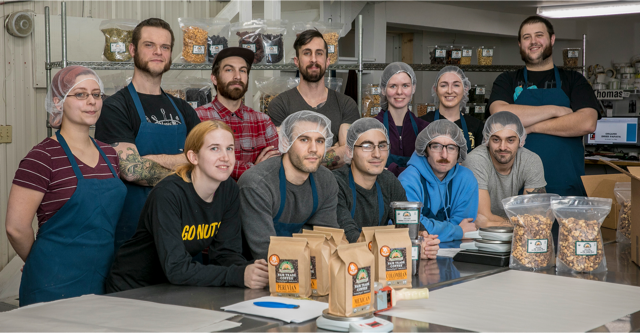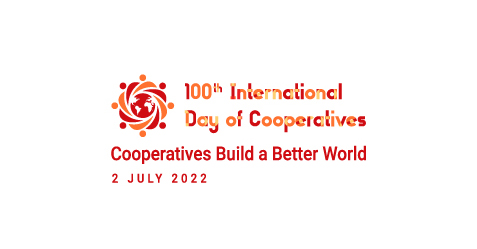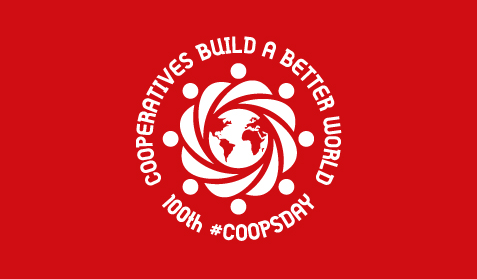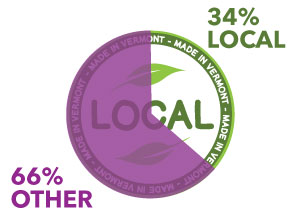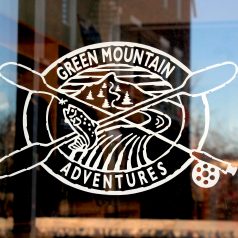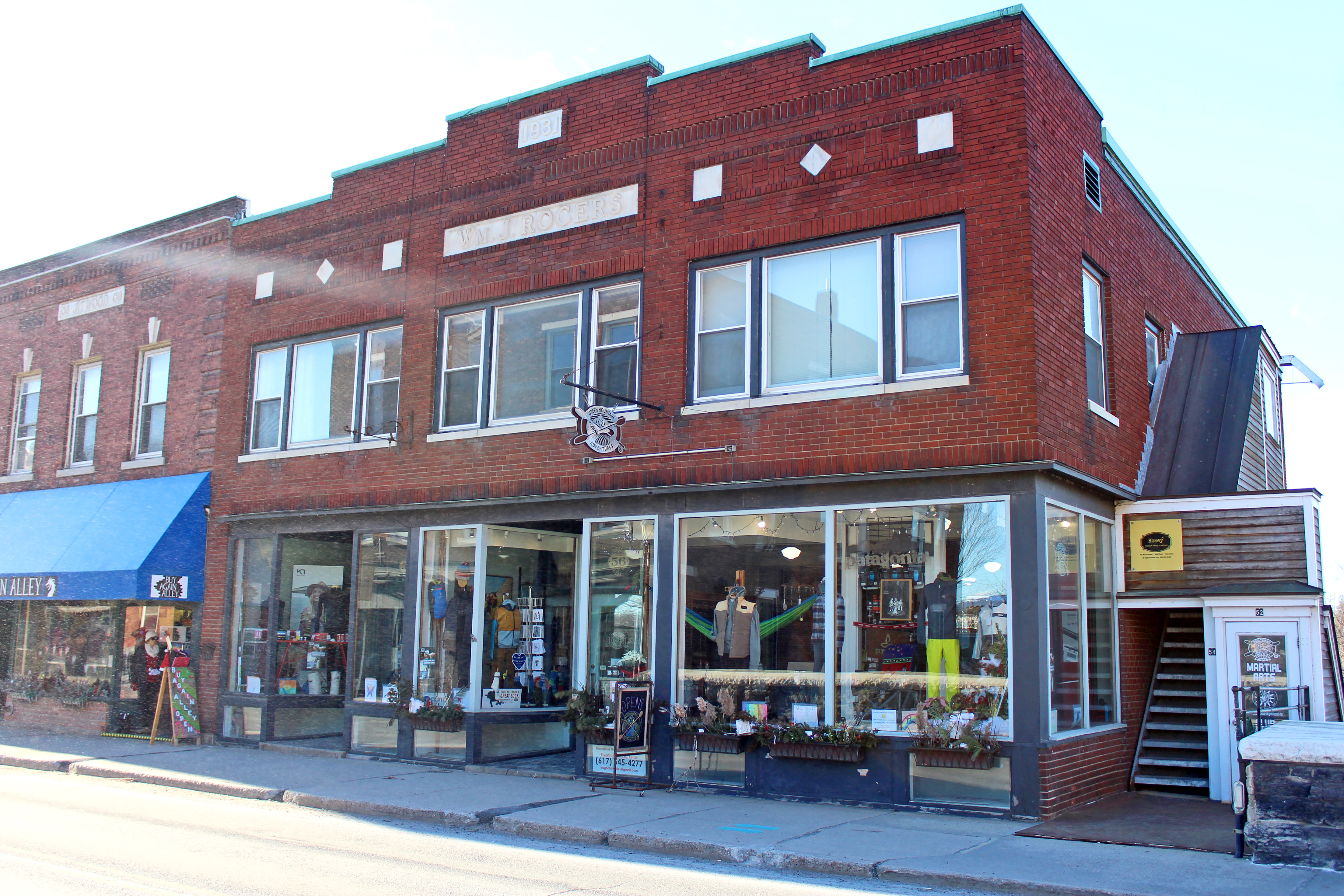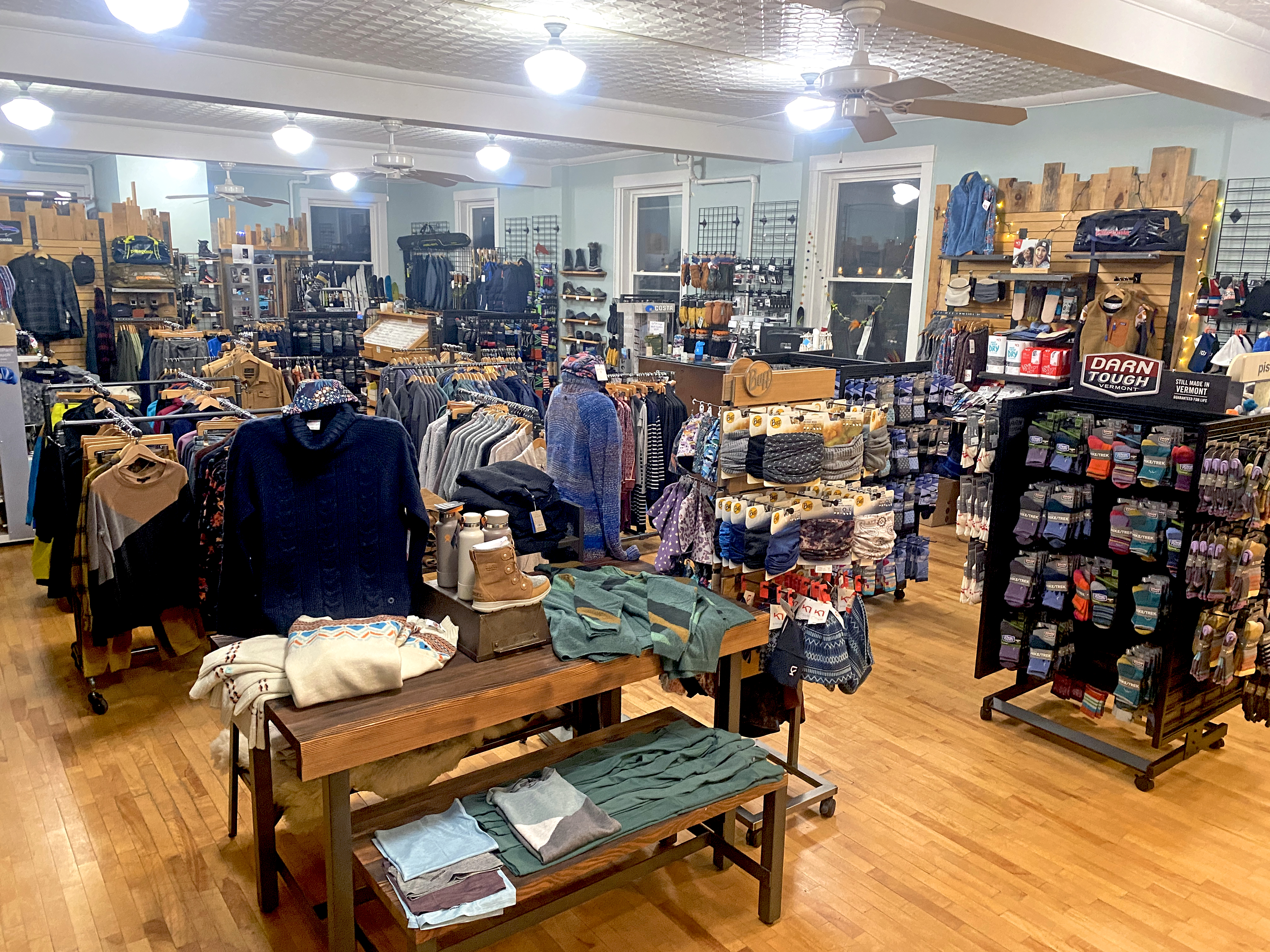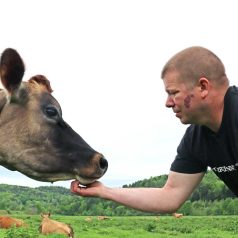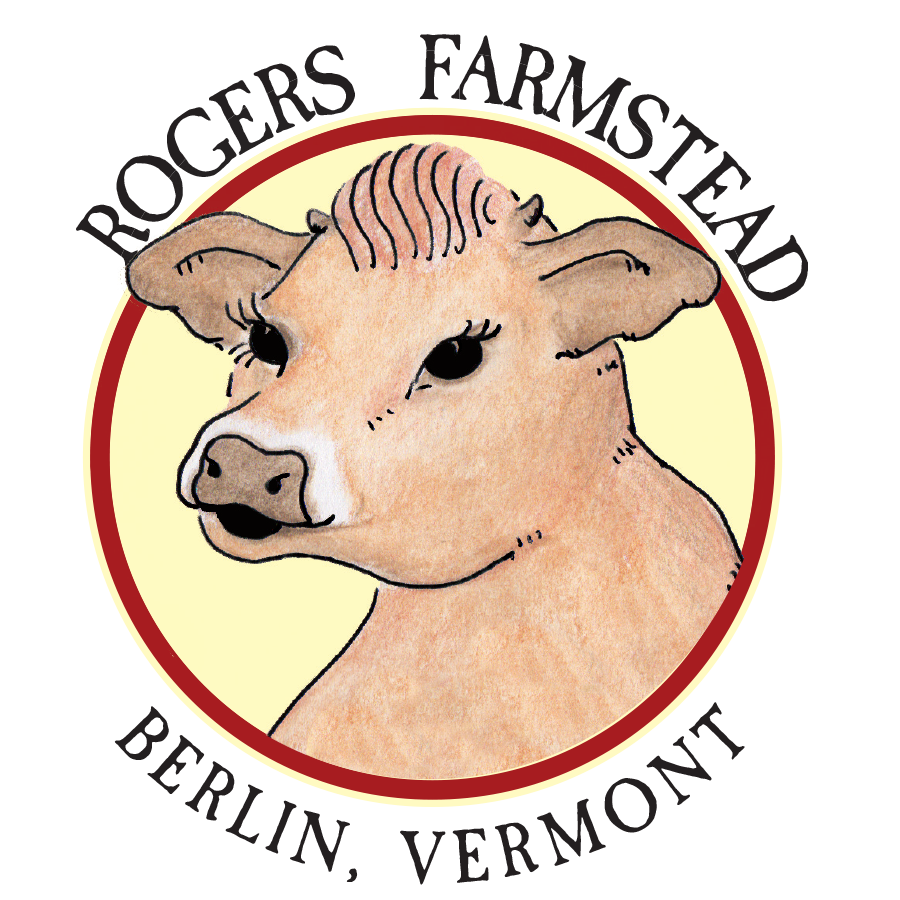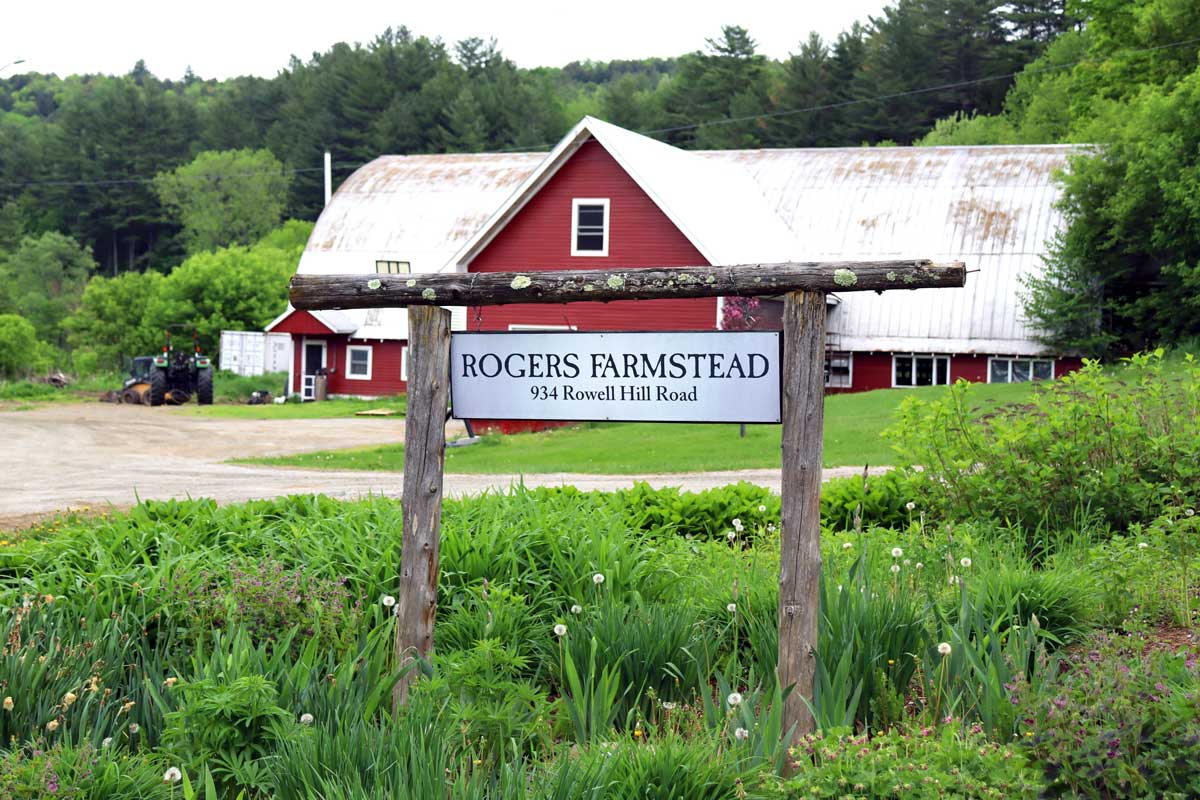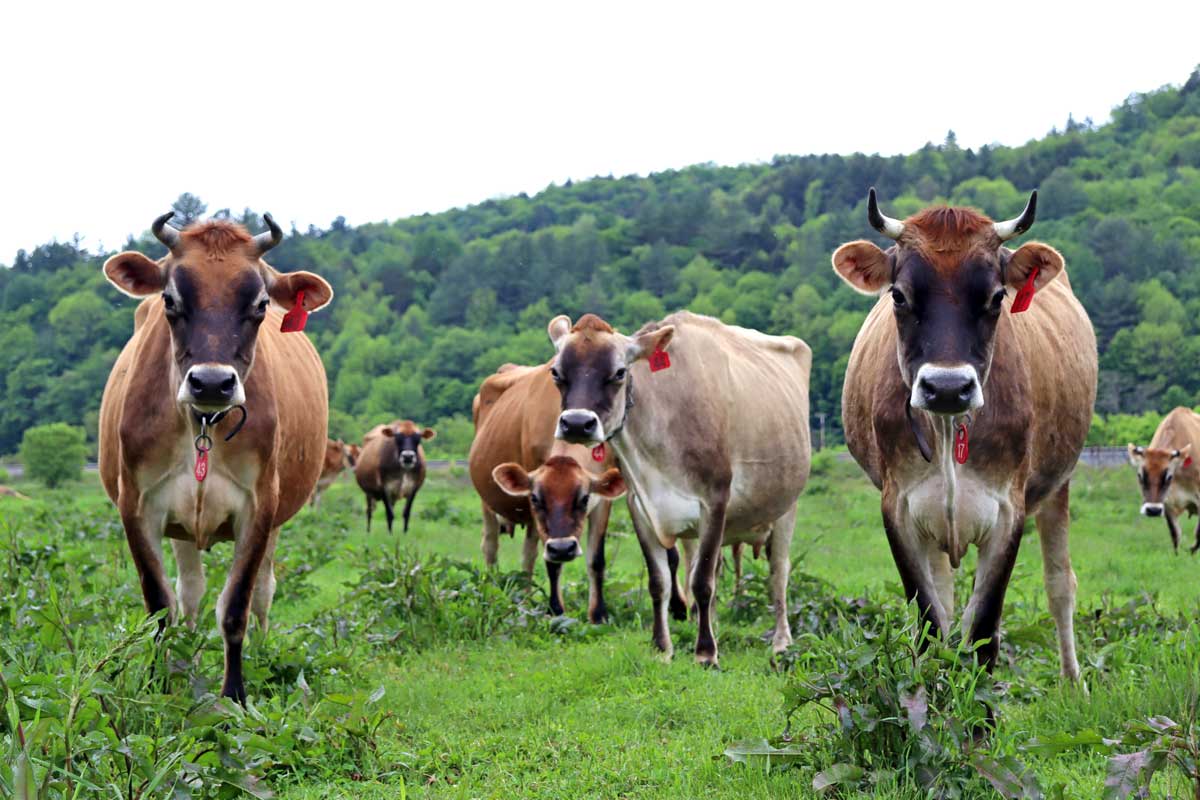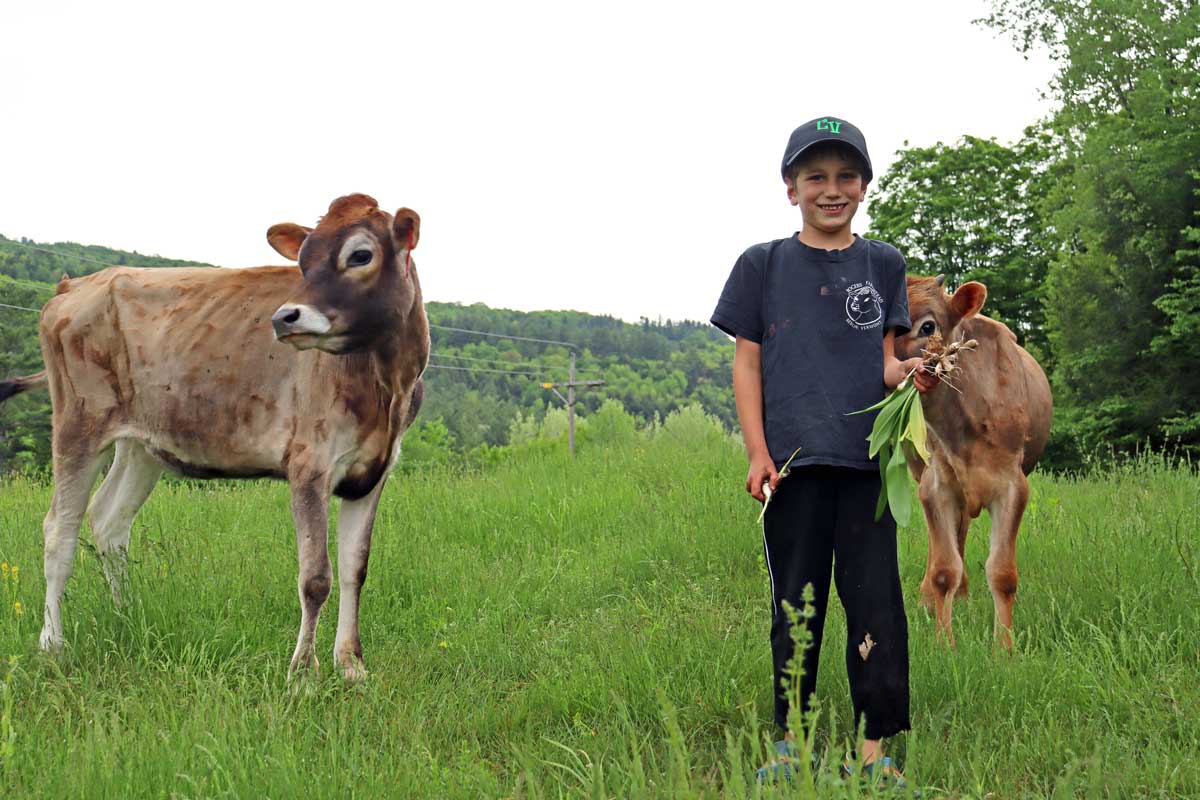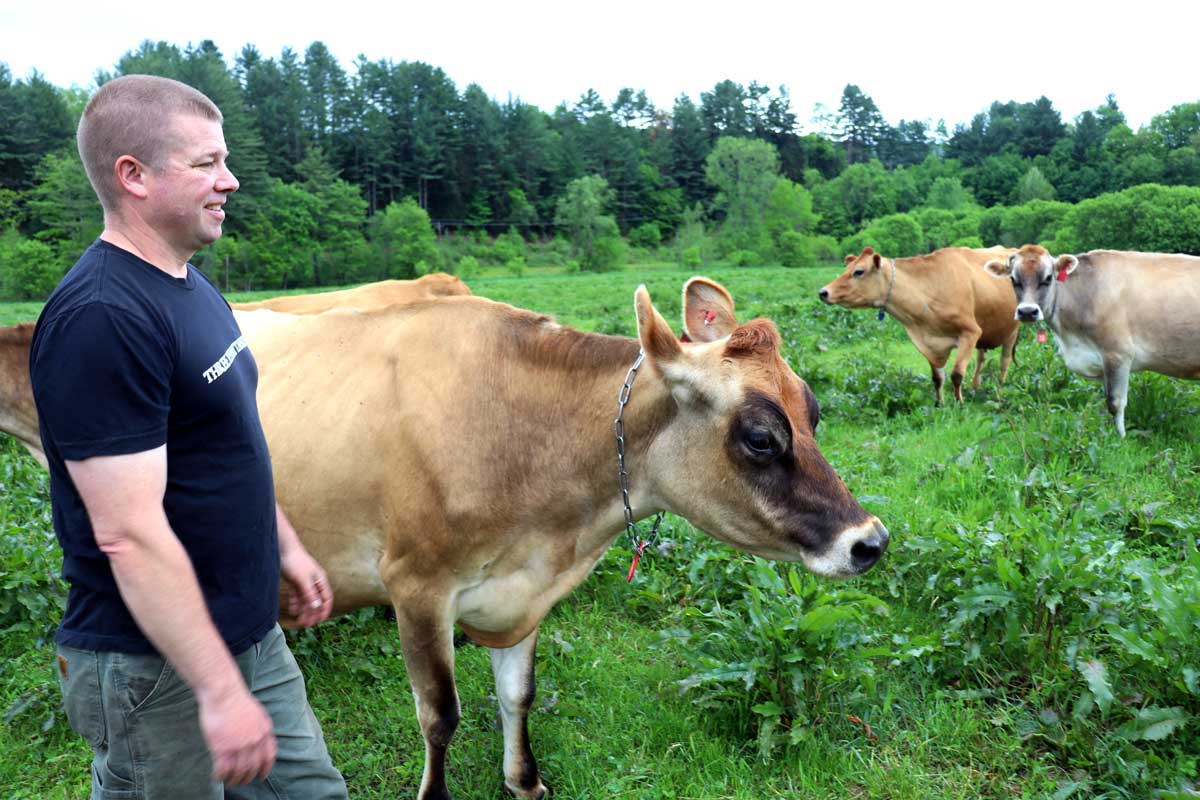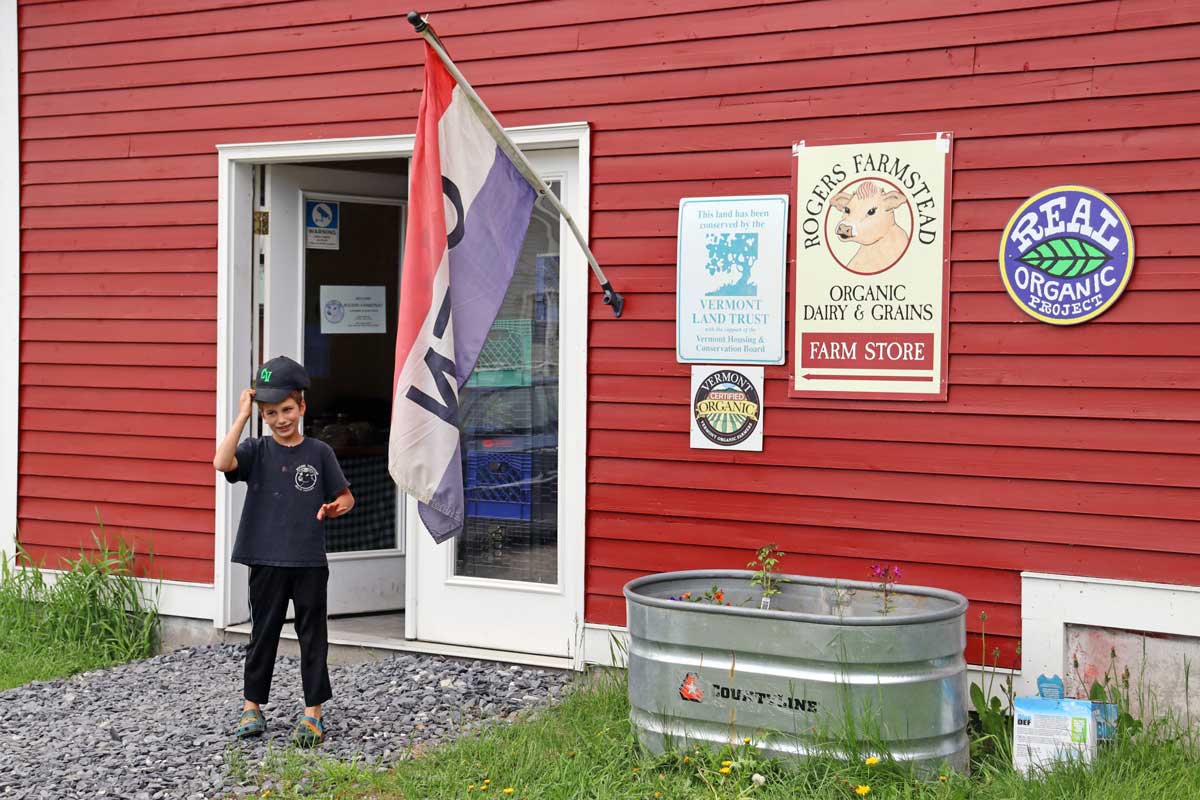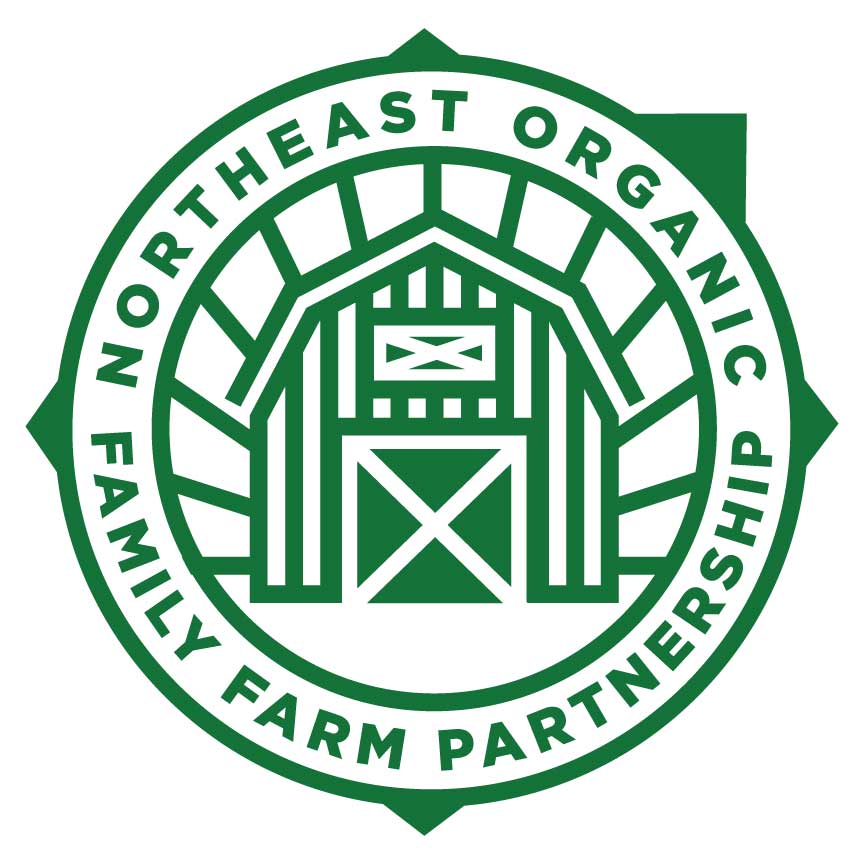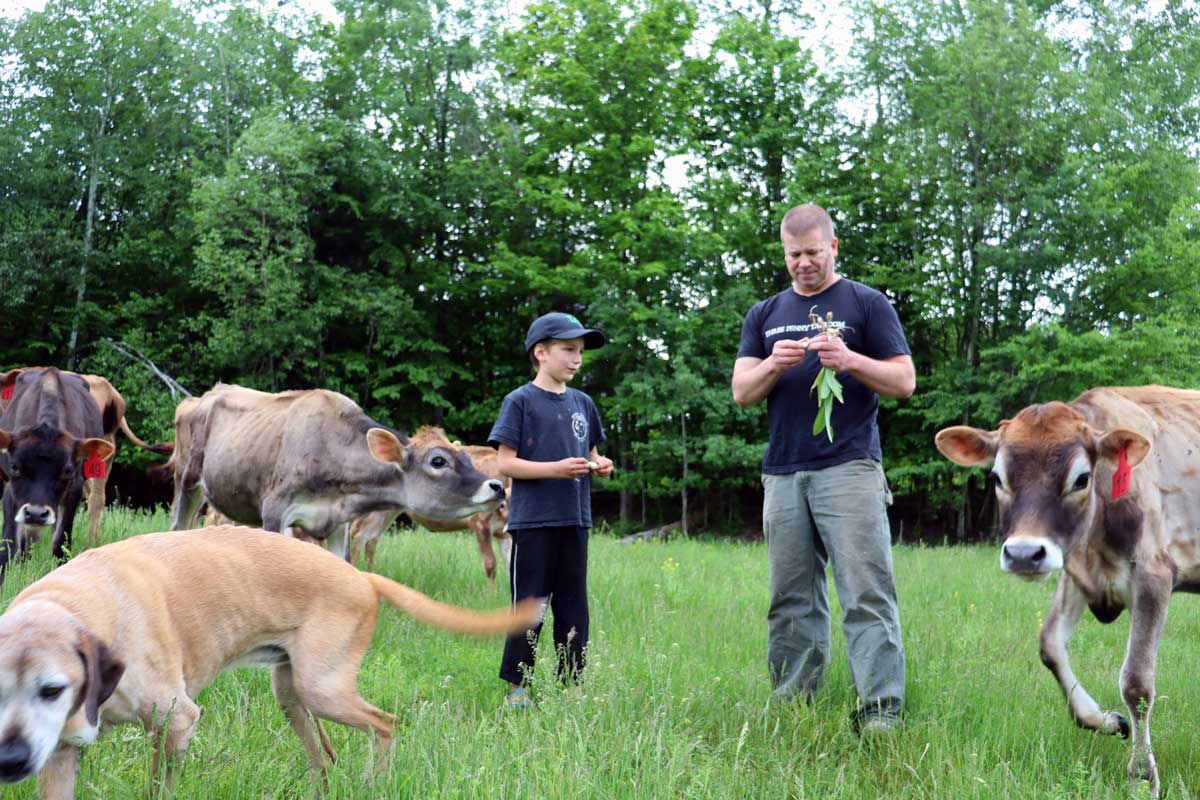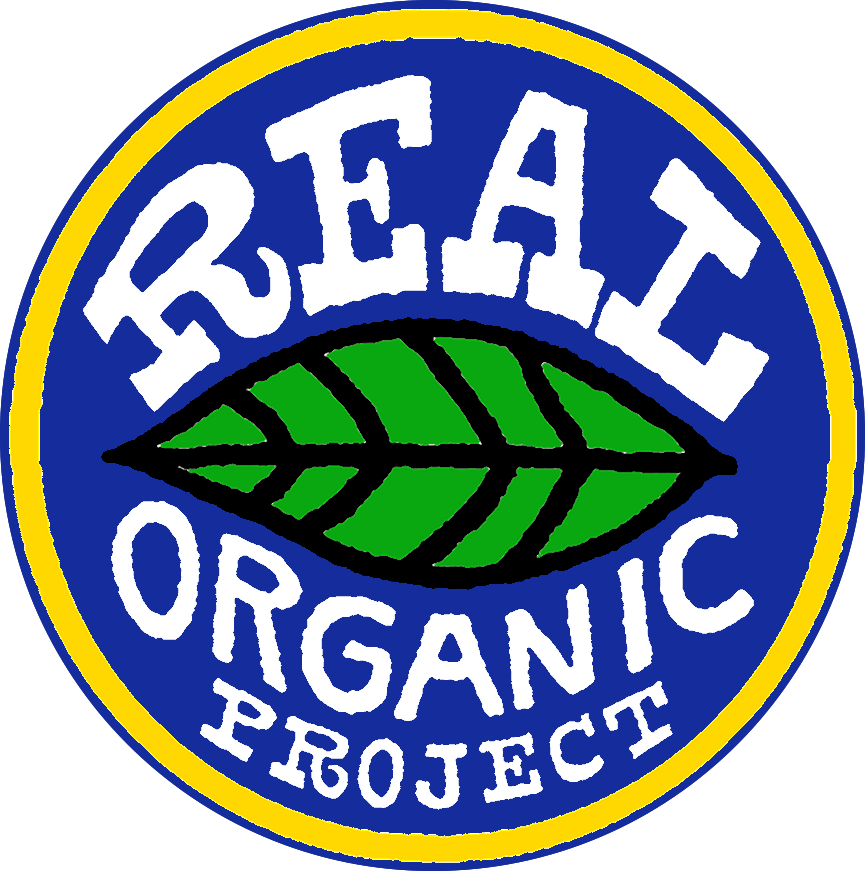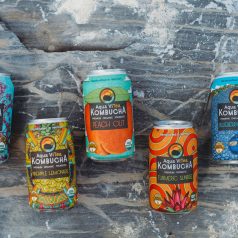
Spotlight on Aqua ViTea
This week’s Member Deals Spotlight shines brightly on Aqua ViTea! All of their non-alcoholic Kombucha and Selzer are 20% off for member-owners from September 2nd – 8th! Read on to learn more about this unique local business with humble beginnings on a Salisbury Farm!
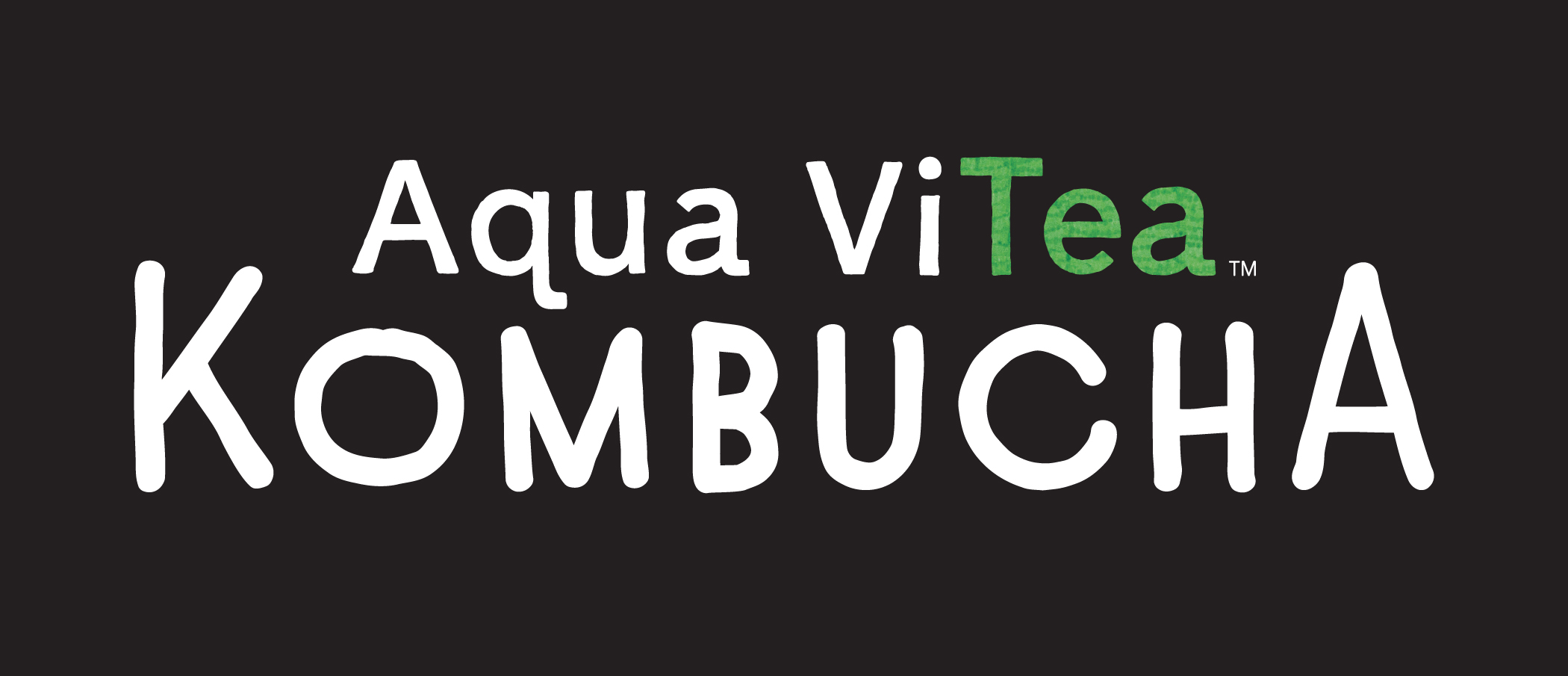
History
Aqua ViTea began in 2007 in the Salisbury, Vermont farmhouse of Jeff Weaber and Dr. Katina Martin, based on the naturopathic principle of “food as medicine.” Weaber and Martin had just relocated to Vermont after 9 years in Portland, Oregon, where Katina pursued medical degrees in Naturopathy, Midwifery, and Acupuncture and Jeff served as the brewer for The Lucky Labrador Brewing Company. Honing the craft of fermentation at work and learning about functional foods and the governing role of the digestive system from Katina at home led Weaber to discover the wonders of Kombucha.

By 2007, he was selling his Kombucha to the happy crowds at the Middlebury Farmers Market under the Aqua ViTea brand and in 2008, he began bottling his product and selling wholesale to our Co-op and a handful of other local markets. By 2014, demand began to outpace production capacity, and plans to move Aqua ViTea’s production off the farm began to ferment. They first moved to a state-of-the-art facility in Bristol, VT, followed by yet another upgrade in 2017 to an even more impressive facility — the former home of Woodchuck Cider just off of Exchange Street in Middlebury. Today, the rapidly growing company is the largest Kombucha producer on the east coast, employing a team of 30 full-time employees proudly brewing low sugar, alcohol-free, organic kombucha with naturally abundant probiotics, enzymes, and antioxidants, whose balanced blend of sparkling refreshment and bold flavor makes it the perfect substitute for juice or soda.
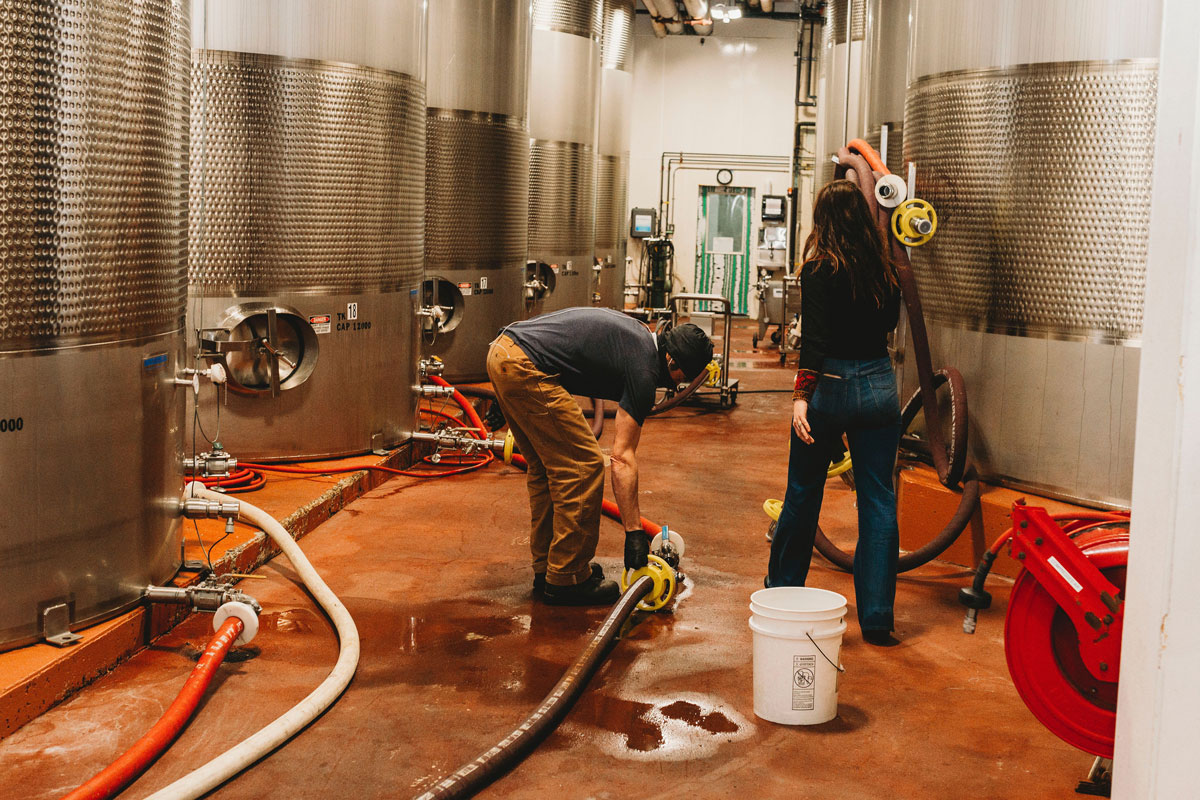
As the business grew, Weaber called on Mike Kin, who was a close friend of Weaber’s in Oregon, and convinced him to move to Vermont with his family to become the company’s brewer. If you dig the artwork on Aqua ViTea’s packaging and materials as much as we do, you’ve got Mike to thank for these. He sketches each one by hand, creating the funky, colorful, amazing signature artwork that you see on all of AquaVitea’s products!
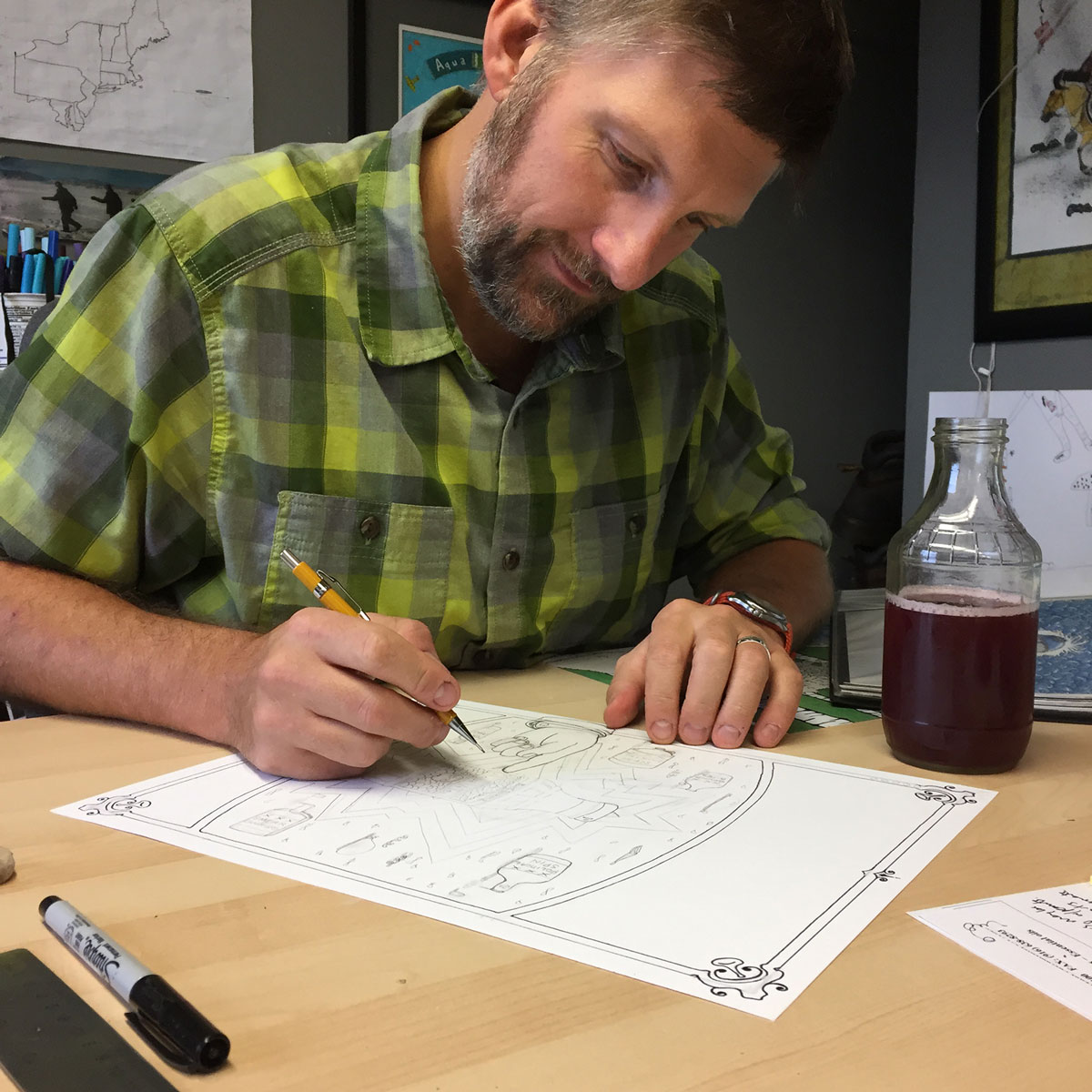
Commitment to Authenticity
Many commercially available Kombucha brands have been found to contain significantly more sugar and alcohol than their labels disclose. Additionally, some large-scale Kombucha products are being manufactured in a lab setting, force carbonated, and even pasteurized, with the probiotic cultures added artificially as “ingredients” to the end product.
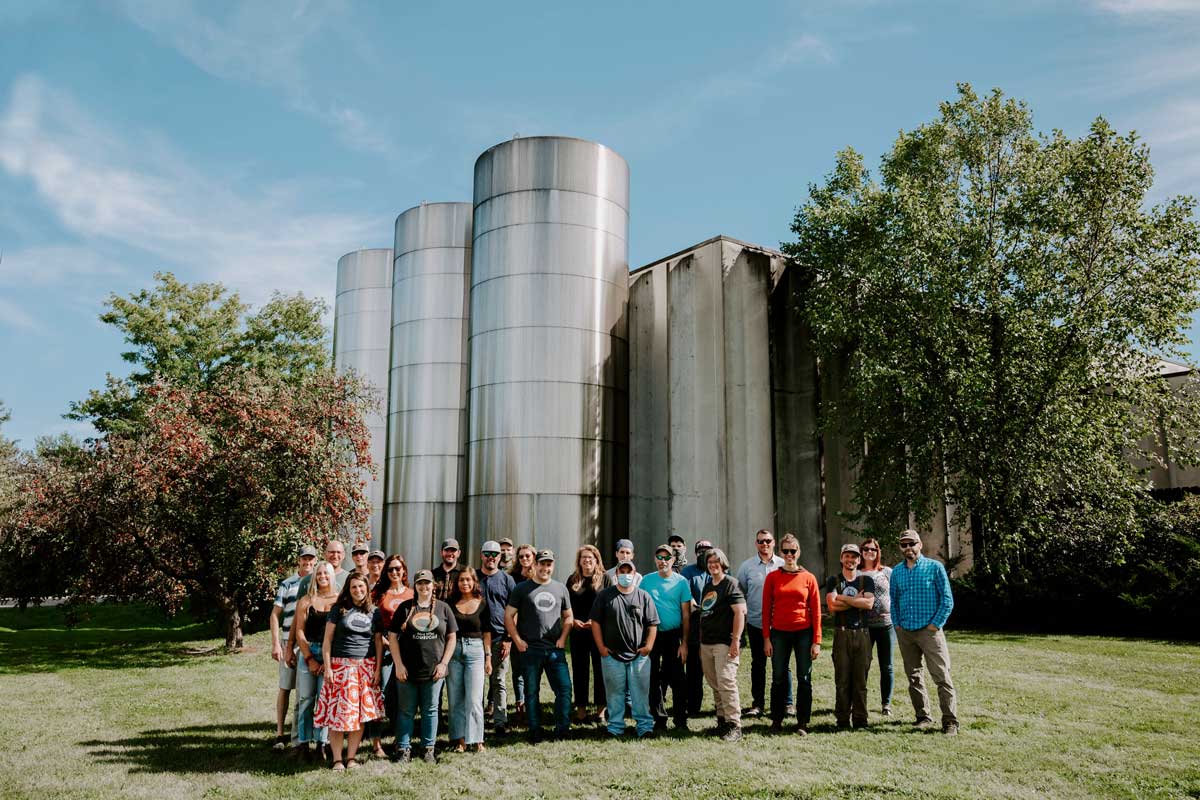
Aqua ViTea, since day one, has shown a deep commitment to authenticity. This begins by sourcing the highest quality ingredients, including sustainably sourced organic tea from Middlebury’s Stone Leaf Teahouse and organic cane sugar to feed the ferment. Their Kombucha is the product of a live, active fermentation, which allows the live cultures and enzymes to develop naturally and delivers the tangy effervescence that Kombucha drinkers love. They are one of only two kombucha makers in the country who have invested in a spinning cone column, which allows for the extraction and recovery of volatile compounds, including alcohol, without the need for excessive heat. And since the alcohol is removed at the end of fermentation, the active cultures can grow at their own pace, which results in authentic, delicious, and non-alcoholic Kombucha. They even employ an in-house microbiologist to analyze the safety and purity of their products.
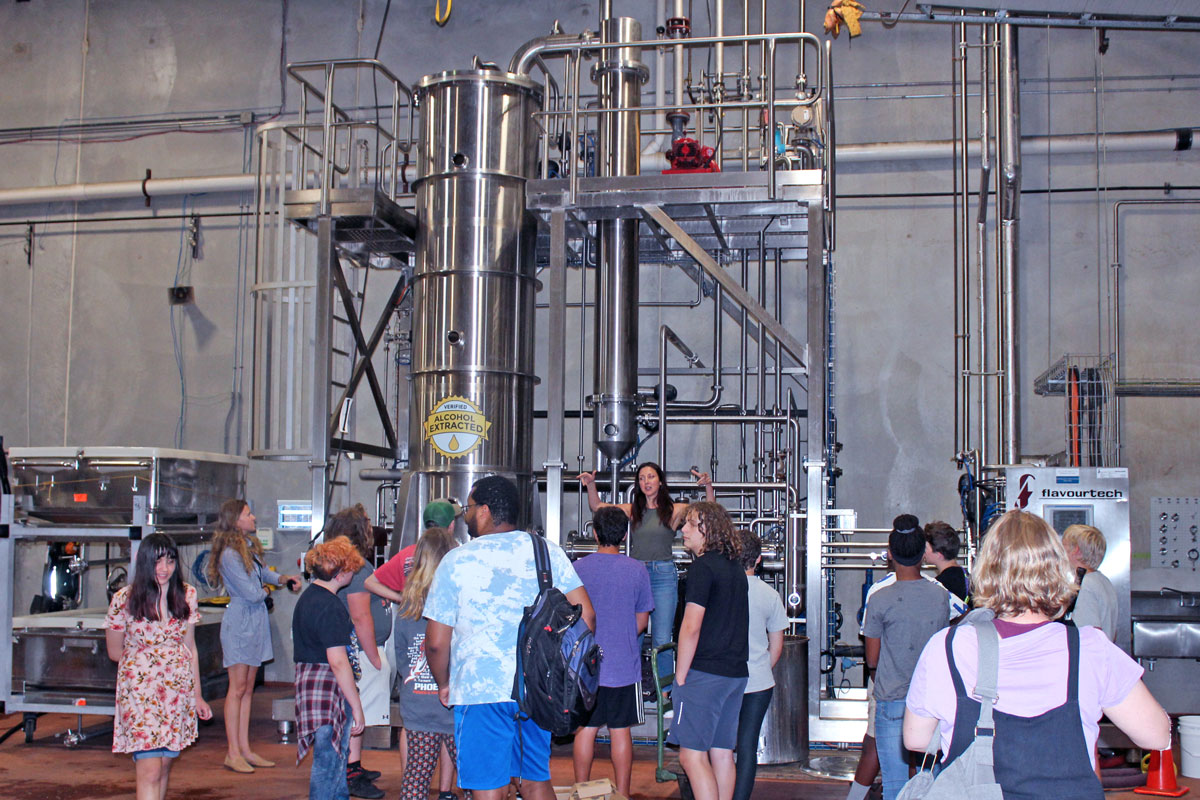
Aqua Seltzer
The newest addition to the Aqua ViTea lineup is Aqua Seltzer! Better than your average bubbles, Aqua Seltzers, infused with organic kombucha, are refreshing better-for-you offerings packed with probiotics for immune & gut health. Weaber shares that the idea for a seltzer line was born when he looked at the ingredients list on a can of the seltzer that his teenage kids love to drink and realized that there was nothing much to them. He wondered if there was a way to create a seltzer that also offered functional nutritional benefits aside from simply providing hydration. After months of research and development and countless hours of taste testing, a new, bubbly, better-for-you beverage was born. It’s infused with kombucha, providing 5 billion probiotics per serving, along with amino acids and antioxidants, with only one gram of sugar and 15 calories. They’re thirst-quenching refreshers filled with goodness for your gut!
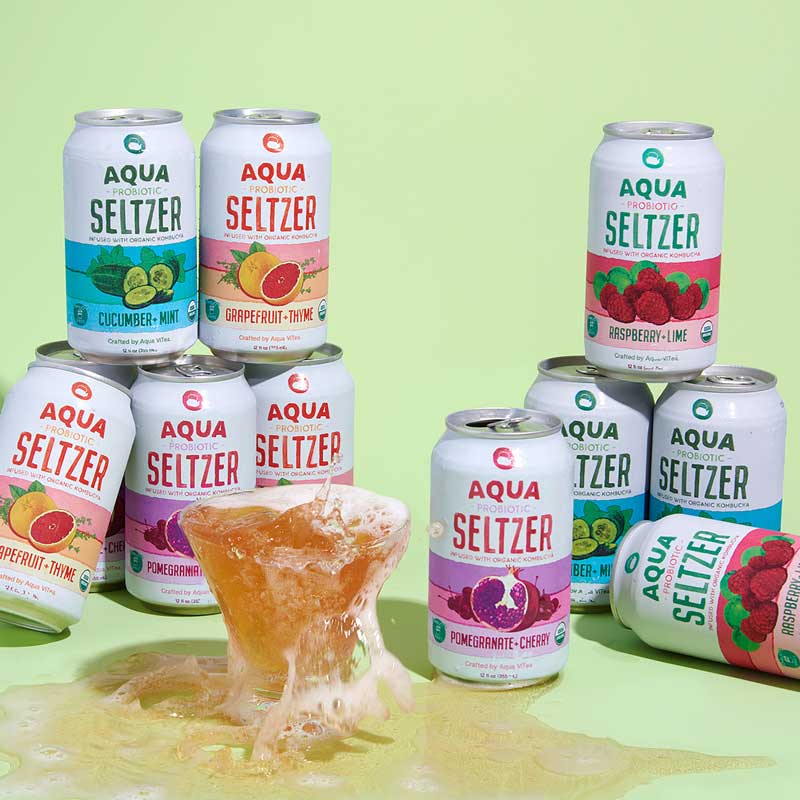
After Glow
Another exciting addition to the Aqua ViTea lineup is AfterGlow Hard Kombucha. This is a smooth, tasty alternative to beer and cider and a more natural option than spiked seltzers. It’s organic, gluten-free, non-GMO, and made with only the finest sustainably sourced ingredients. While they do extract the alcohol from their traditional Kombucha, that alcohol is not used in creating AfterGlow. Instead, they let AfterGlow’s natural alcohol mature through fermentation and into the can – resulting in a mindfully made adult beverage.
